As a Product Manager in the past, I had a love/hate relationship with feedback. On the surface, I loved it. After all, I’m no psychic. I don’t know exactly which new features or products that, when implemented, would change the course for our business. Sure, I might have an idea. But getting real, legitimate feedback (especially from customers) was always welcomed in order to validate the ideas and hypotheses that I had.
Yet, there was a part of me that always got a little bit stressed about getting feedback. Because while everybody thinks that the feedback they give is of utmost importance, the reality is that it’s not. In fact, most feedback is actually not going to have much value by itself. As a product person, this might sound blasphemous, but it’s true. More on this in a bit. But it may not be obviously apparent whether that piece of feedback you’re receiving in the moment is actually going to be valid right at the moment. And that’s the part that might have caused a headache or two.
Here’s why not all feedback you’ll receive as a product manager is going to have the same value:
First, consider the source. Did the piece of feedback come from the sales team? Was it from the marketing department? The CEO? Directly from one of your customers? In each of these cases, there could be valid reasons why that feedback is directly relevant to your product. But on the flip side, there are reasons why it might not. Regardless, pause and ask yourself to consider the relationship your product has with the individual passing along the feedback. If they’re intimately involved in some way (i.e. a power user within one of your target segments, somebody on the front lines who interacts with one of these people every day, etc) — it could very well be that this feedback is gold. However, if they’re really not involved much in your product or how it’s used by customers, it’s not unhelpful at all, but it certainly might not have the same weight.
Sometimes, this can be tough. For instance, what happens when the CEO is providing feedback — and she’s been more involved with fundraising these days then digging in on product and customer needs? Are you going to tell her the feedback she’s giving isn’t useful? Of course not. But it doesn’t mean that you have to treat it as gold either. You might want to consider a follow-up meeting placing her feedback next to the others and have an open discussion about who each piece of feedback originated from and why it was given. You could make a short list of items to test and validate, including hers (giving her the benefit of the doubt as CEO). Regardless, just don’t blindly accept it and treat it as the best piece of feedback you’ll receive from anyone.
Even if it’s coming from a customer, consider the source. I sometimes hear from CEO’s that the best kind of feedback they could receive about a product is directly from their customer. Some even go as far as to say that if a customer asks them about a feature they don’t have and they’re “willing to pay for it”, the company will immediately put add that feature to the top of the queue. I die a little bit inside each time I hear this. Because even with customers, not all feedback is going to be helpful.
For example, many people using Hubspot (or even those coming from the ad world) are familiar with the term, “persona.” Essentially, this is a detailed description of one of your customers (literally down to giving them an actual name). At any given time, though, you may only be focusing on a handful of personas. Feedback from customers that live within these key persona groups should especially be treated with priority. Again, the feedback you’ll receive from others isn’t altogether unhelpful. But if it’s not coming from a key segment your company is focused on, it’s not going to have the same weight.
Consider the overall strategy. Aside from thinking more about who the feedback is coming from, it’s important to consider whether that feedback point (or any ideas generated from them) impacts your company’s execution of its overall strategy. Product strategy should always be an extension of the company’s strategy. If the company’s overall strategy really isn’t clear to you, stop reading this post, and set up a meeting with your CEO (or VP of Product) right this moment. It’s critical that you understand the path your company is attempting to take.
Bringing it back around to the feedback you’re receiving, the more attached a piece of feedback is to a core component of your company’s strategy, the more important you should treat it.
So, if much of the feedback I’m getting isn’t going to be as relevant or important as other feedback points, should I just ignore it? Should I just tell people that aren’t intimately involved with the product or how it’s used that their feedback isn’t actually important?
Unequivocally… no!
Despite all of the above, it’s critical to encourage a culture where everybody is open and free with the feedback and ideas that they share with you. It’s important for many reasons. Here are just a couple:
- There will absolutely be times when somebody that’s removed from the product passes feedback along that, when validated, actually is quite relevant. This is where your intuition as a product person will come in handy. Because despite the person not being on the front lines, it’s your job as a product person to judge the feedback and determine whether it should be tested immediately.
- The greater number of people that provide feedback to you, the more visible any type of patterns that emerge will be. And it is important to look for these patterns. When similar feedback is coming from all different groups within your company or customer base, it’s certainly worth spending time to determine why it’s coming in.
So, is all product feedback equal? No. it’s just not. And as a product person, it’s important for you to realize this and prioritize as such. Yet, it doesn’t mean that you should actually discourage any sort of person to provide you with such feedback. As while it’s unequal, every piece of feedback you receive should still be considered has having some value.


